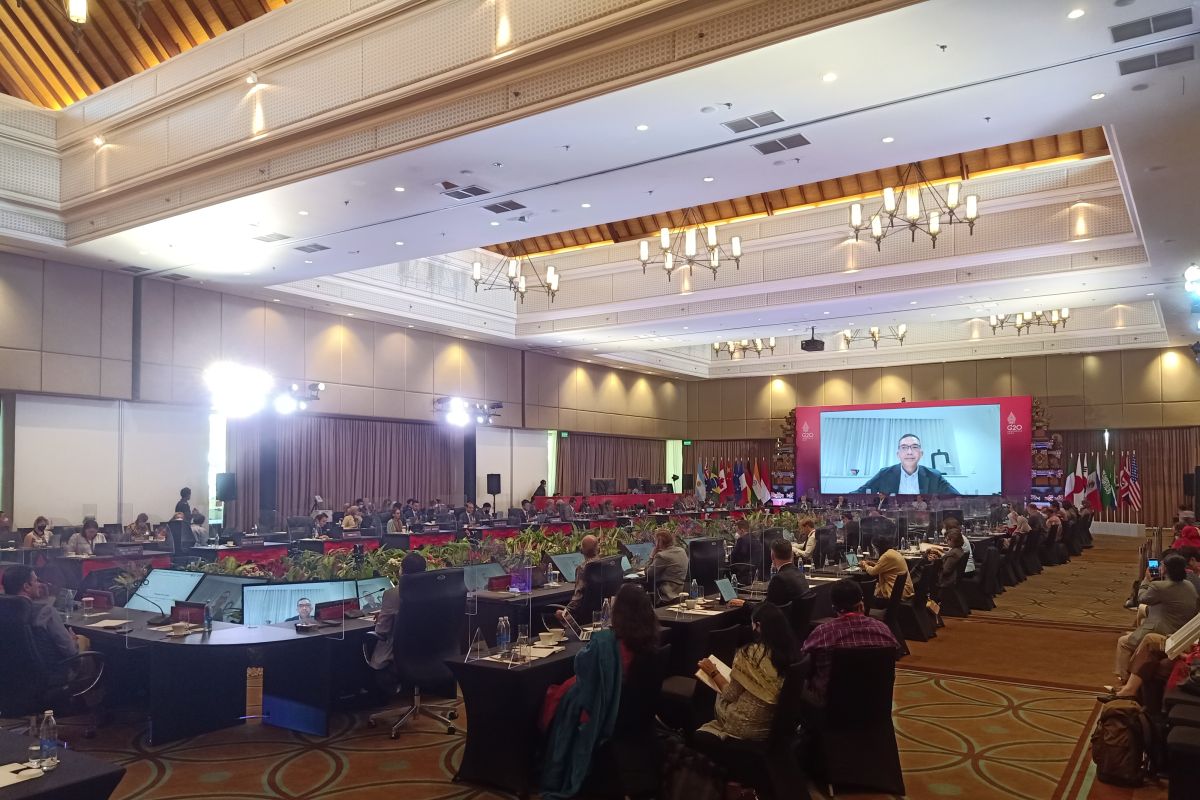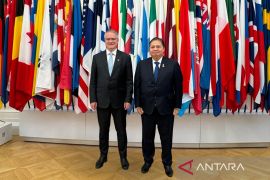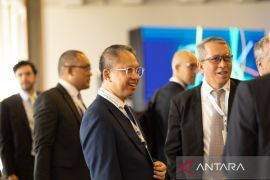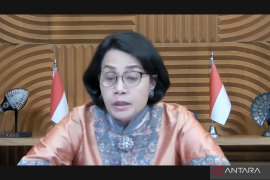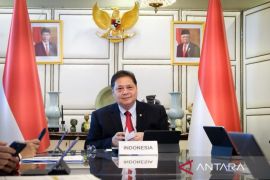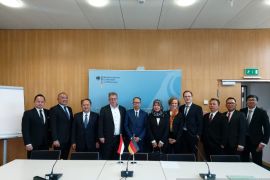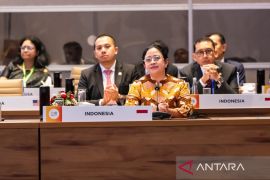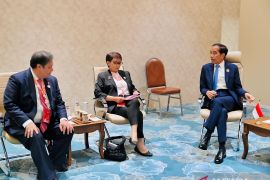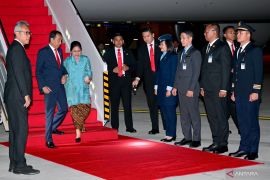The COVID-19 pandemic plagues the world like a tsunami, while AMR is akin to ocean tides, and its prevalence secretly continues to increase, he noted during the G20 Health Side Event on AMR in Nusa Dua, Bali, on Wednesday.
G20 is an international forum comprising 19 countries and the European Union that work together to handle major issues. Indonesia is holding the presidency of the grouping this year.
AMR was discovered seven decades back due to rampant use of antibiotic medication to prevent diseases by the public, he noted.
The use of antibiotic reaches a stage when it is frequently abused, obtained without doctor's prescription, and often misused on humans, animals, plants, and the environment, he explained.
Related news: Indonesia, FAO urge prudent use of antimicrobials in farming
The number of untreatable diseases increases. Treatments that save lives become far riskier, and the cost of health treatment rises as a result of prolonged duration of disease and treatment, he stated.
The impact of AMR infection continues to rise in various sectors, including the economy. Experts estimate that AMR infection can cause the annual global gross domestic product (GDP) to decline by 3.8 percent in 2050.
The AMR side event is a series of activities of the 3rd Health Working Group (HWG) held in Bali on August 22-24, 2022.
The HWG Forum is part of G20's Sherpa Track that is focused on the global health architecture by G20 member countries. This forum highlights the mobilization of financial resources to prevent, prepare, and respond to a pandemic in future.
Related news: Fight against antimicrobial resistance
Translator: Andi Firdaus, Fadhli Ruhman
Editor: Rahmad Nasution
Copyright © ANTARA 2022
